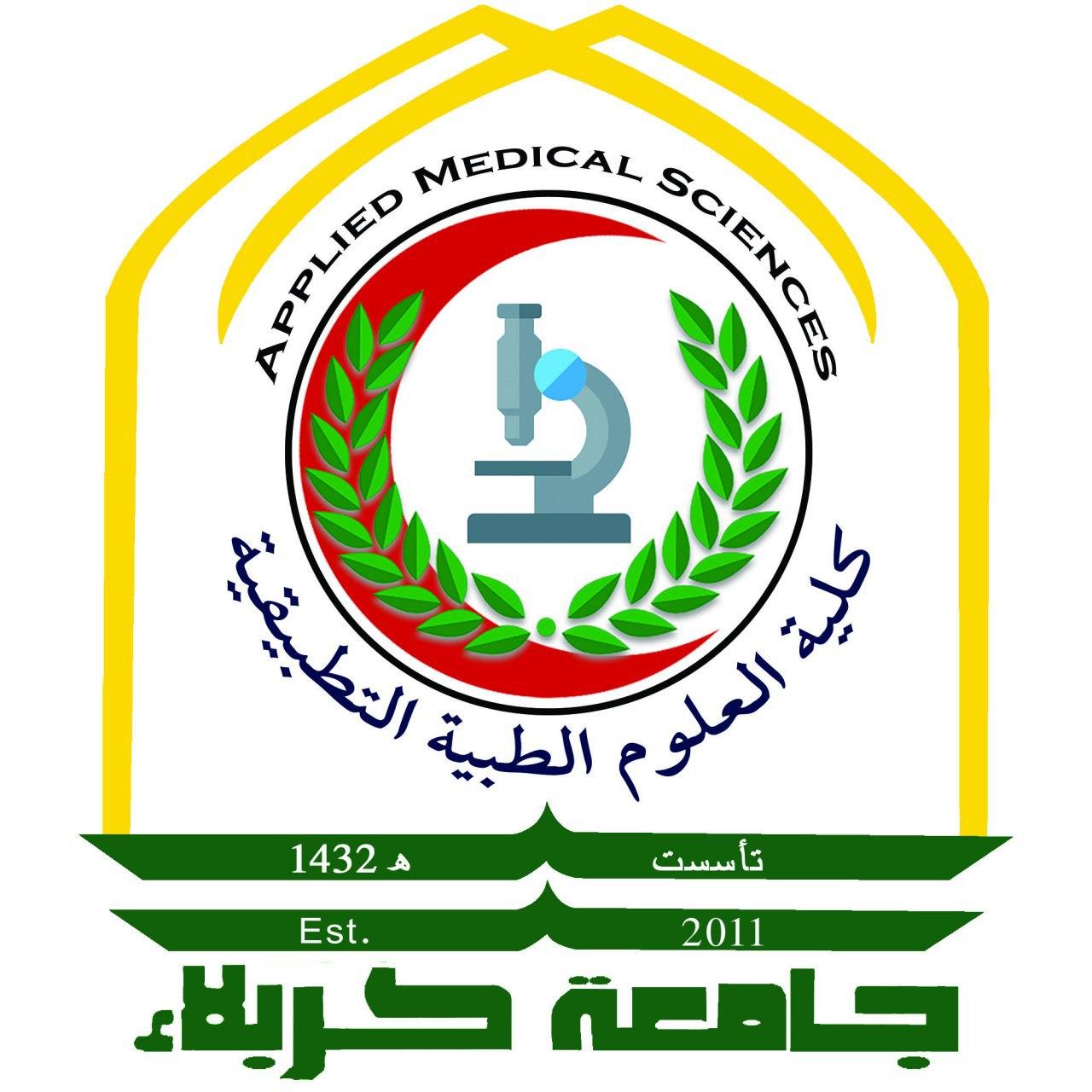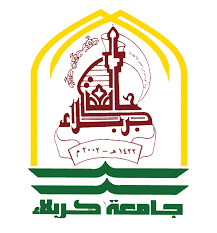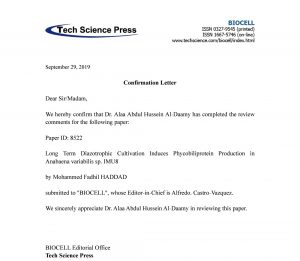The relationship between male testosterone hormone and some female
hormones in women with polycystic ovary syndrome (PCOS)
Dalal Abdul Hussain Kadium,a Ghsoon Ghanem Kaem,b Zaineb Mehdi Al Saeq,c Zaineb Assim Al Safard
a,c,dCollege of Girls Education, Kufa University, Kufa, Iraq.
bCollege of Applied Medical Sciences, Karbala University, Karbala, Iraq.
Correspondence to Ghsoon Ghanem Kaem (email: rose2005rr44@ymail.com).
Objectives
This study was designed to determine the levels of hormones insulin, testosterone and some female hormones in some male and female hormones in patients with polycystic ovary syndrome (PCOS) and find the relationship between the male testosterone hormone and female hormones in patients with PCOS and to know the reasons for these changes in view of the prevalence of PCOS and its importance as a major problem affecting the health of women and her fertility.
Methods: The hormones included LH, FSH, PRL, estradiol (E2), progesterone (P4) and LH/FSH ratio in patients with PCOS compared with control group, and to find the relationship between male testosterone hormone and female hormones under the study in patients with PCOS. Fifty-five female patients with PCOS in reproductive age with body mass index (BMI) (25.01 ± 1.70 kg/m2), aged 15–46 years old and
who recalculated fertility centre of teaching Al-Sadr hospital in Al-Najaf Al-Ashraf Governorate from 1/9/2013 to 1/10/2014, compared with 20 non-patients women with PCOS with BMI (23.87 ± 2.66 kg/m2) and age 17–47 years old as control group.
Results: The results showed that there was a significant increasing (p < 0.05) in insulin, testosterone, LH, PRL and LH/FSH ratio in patients with PCOS compared with control group, while there was a significant decreasing (p < 0.05) in FSH, E2 and P4 in patients with PCOS compared with non-patients women.
Conclusion As the results have shown that there was a positive significant relationship between testosterone and LH, PRL and LH/FSH ratio while the relationship was negative significant between testosterone and FSH, E2 and P4 in patients with PCOS.
[/mhc_text][/mhc_column][/mhc_row][/mhc_section]






























































